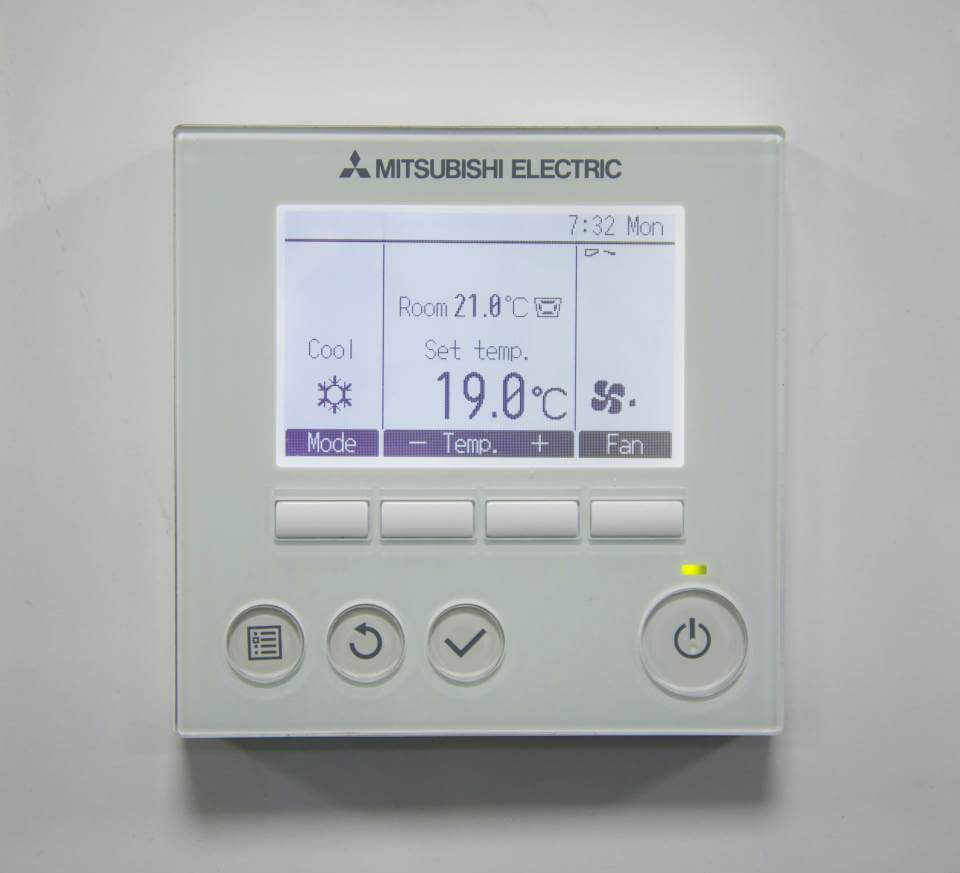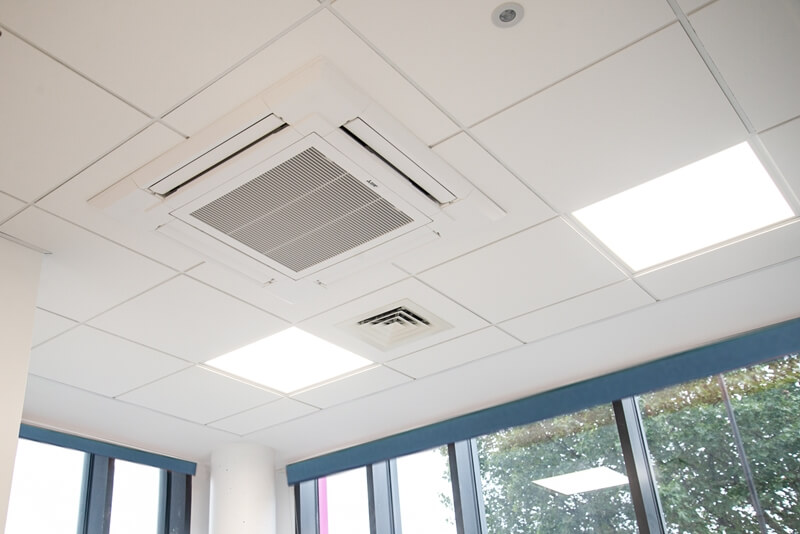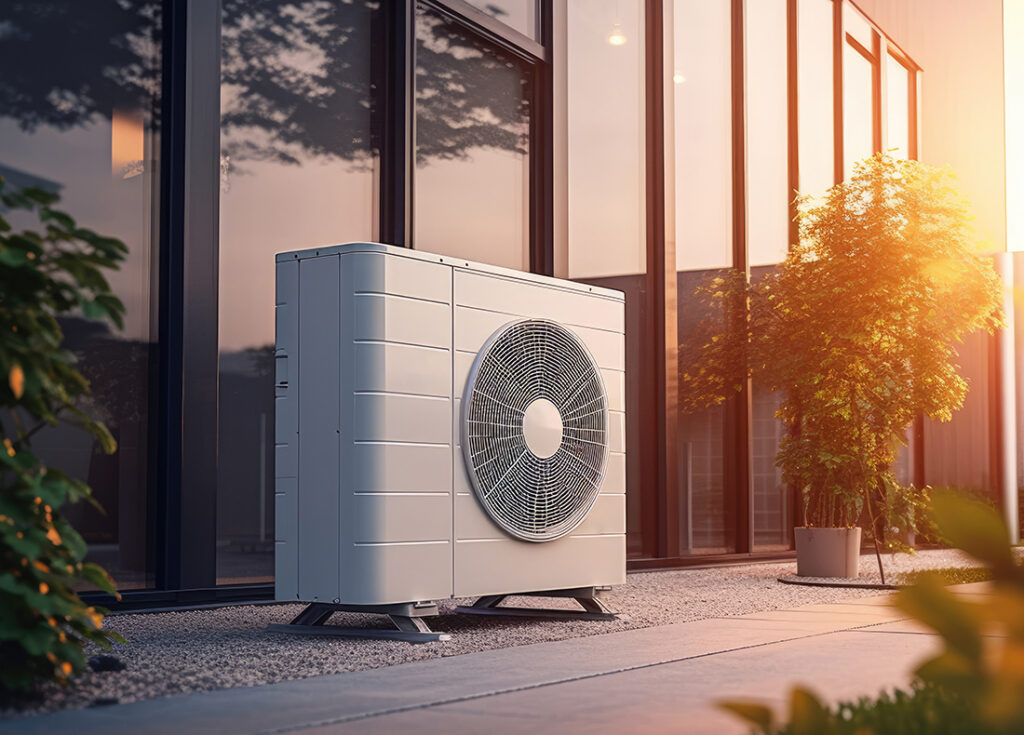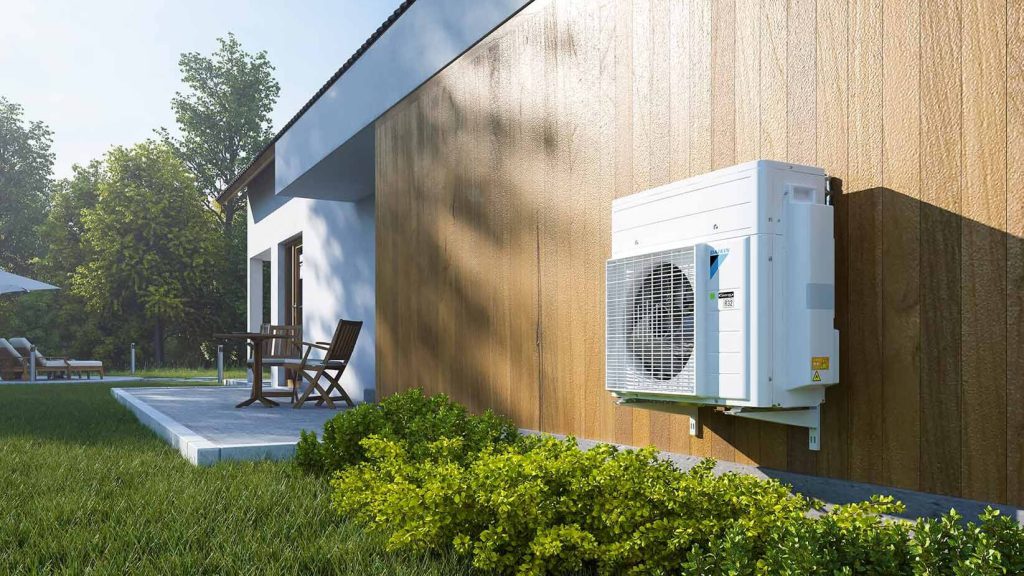Winter Is Coming – Is Your HVAC Up to the Job?
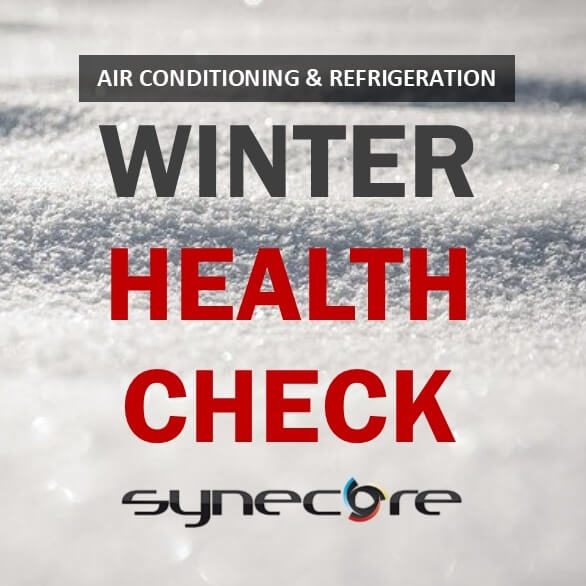
Estimated reading time 5 minutes
It’s already October – where did the time go? Before you know it, it’ll be winter. After the heat of the summer and with temperatures dropping it’s time to start thinking about making sure your HVAC system is ready for the winter (just as you need to make sure your HVAC is summer ready). Leaving it to the last minute is only likely to result in problems during the cold winter months when you can least afford to have issues.
Your air conditioning system has been through the wars over the last few months, from heat waves with temperatures reaching 34C (93.2F), making it one of the warmest June days in the UK for about 40 years, to cold snaps back to heat waves; your AC has had to work even harder than normal over the past few months. Because of this it’s vital you make sure that when you look to your HVAC system to provide heat to warm your building, office space, restaurant, hotel rooms etc that you confidently rely can on it to ensure you can maintain a comfortable environment. There is absolutely nothing worse than finding that your HVAC is malfunctioning or having issues when it comes to keeping your building warm. Now is the time to start preparing for winter.
Preparing Your London HVAC for Winter
Below is some advice on how to start preparing your HVAC system for the cold months ahead. We have broken down the type of checks you should carry out into various different sections:
General HVAC Maintenance
There are a number of general steps/checks that you should make to ensure your HVAC is working as it should. These are:
- Carry out a visual inspection of your HVAC system. This simple check can very often identify potential issues.
- Check all aspects of the HVAC for physical damage both inside and outside and including fans, coils, fins, wiring, ducts, vents, refrigerant levels etc.
- Look for any obstructions of the air inlets, vents, ducts, fans and coils inside and outside.
- Make sure all connections and seals are tight and secure.
Sound Check
- Depending on the age of your HVAC you may find that it does make some noise. Given that you live with the system day in and day out you will be the expert in what noises are “normal”. If you hear noises that are out of the ordinary e.g. squealing, grinding, scraping or clanking then this is usually that there is an issue within the system.
- Try to define the noise, as different noises can mean different things e.g. a squealing noise may indicate that some part of the HVAC element(s) require(s) lubrication, a grinding noise could be a problem within the fan motor or motor bearings, scraping could mean that something has come loose and is rubbing against another part of the HVAC and clanking may indicate that an element within the system has broken loose which may result in additional damage.
Thermostat
- Check the thermostat maintains the right temperature.
- Check the wiring to and from the thermostat e.g. is any of the wiring loose, fraying or broken?
- Check the mechanical and electrical components for a build up of dirt or dust.
HVAC System Cleanliness
- Look at the cleanliness of the system as a whole.
- Make sure that filters are not clogged with dust, grime or debris. If necessary replace filters where required.
- Check the condenser unit and condensate lines to ensure there are no obstructions. Clean any parts that appear dirty e.g. the fan, coils and fins.
- Look for any obstructions of the vents and ducts.
Signs of Moisture or Leaks
- If you notice moisture inside windows then it may be a sign that your HVAC is not removing excess moisture from the air (dehumidifying the air).
- Check the vents, vent joints, evaporator, condenser coils and refrigerant lines for signs of leaks e.g. you may see water marks on the outside of vents or refrigerant levels may have dropped. If the leak is not water, it may be refrigerant. Refrigerant leaks are very serious and must be dealt with by a professional HVAC company.
Regular HVAC Maintenance
Regular maintenance of your HVAC system will not only help to extend the life of your HVAC it will also help to maintain its efficiency and in the long term will minimise the need for costly repairs thereby saving you money.
Service Manager, Neil Shepherd explains “There are several reasons why an air conditioning system can break down in high temperatures. The most common is lack of maintenance. If air conditioning systems are properly maintained they can cope with extreme changes in climate. That also includes when temperatures plummet and air conditioning systems are changed from cooling to heating mode.”
It’s important to note that there is also a legal F-Gas requirement to ensure your system is regularly checked for faults. By law any business running heating, ventilation and air conditioning equipment with an F-Gas equivalent CO2 output of 5 tomes or more must:
- carry out regular leak tests
- ensure it is fitted with automatic leak detection systems
- maintain inspection records by a qualified F-Gas accredited air conditioning engineer
It is therefore critical to have a reliable air conditioning maintenance team available to you.
How Can Synecore Help?
Synecore are M&E contractors who provide HVAC Planned Preventative Maintenance (PPM) services for all businesses types including hotels, bars and restaurants, offices, gyms and leisure centres and which gives customers all year round peace of mind. Included in our PPM package is our 24/7 call out, compliancy with F-gas regulations and TM44 certification.
You can get in touch with Synecore at our head office in Sittingbourne, Kent. Call 01795 509509 or email us at sales@synecore.co.uk.
